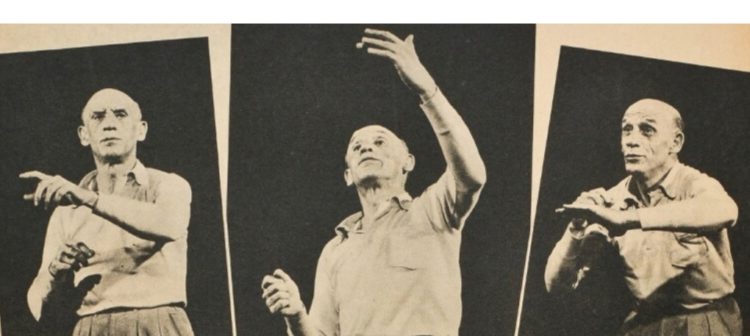
Mitropoulos – II – Tchaïkovsky Symphonie n°6 Op.74 – NYPO
Enregistré à Brooklyn (St-George Hotel Ballroom) le 11 novembre 1957
Prise de son stéréophonique: Fred Plaut & Stan Tonkel
Source: Bande/Tape 19 cm/s / 7.5 ips LMB 19
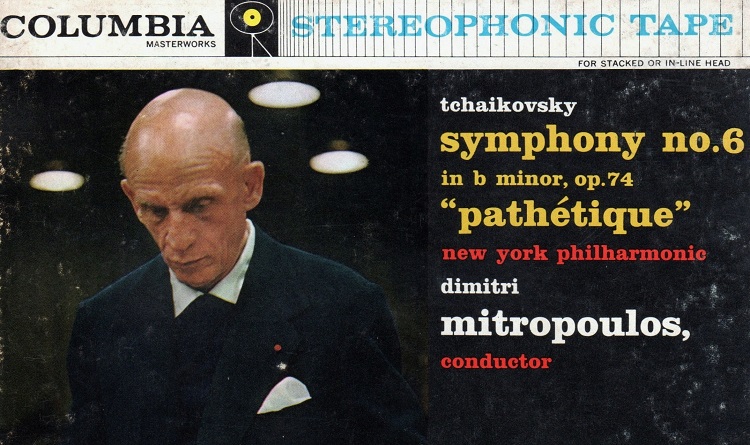
Cet enregistrement a été réalisé au cours d’une journée « marathon » au cours de laquelle, outre cette Symphonie, ont été enregistrés l’Hymne Américain (non publié), de larges extraits (45′) du ballet Roméo et Juliette de Prokofiev, la Marche Slave de Tchaïkovsky et « Une Nuit sur le Mont Chauve » de Moussorgsky, soit en tout environ 100 minutes de musique.
La Symphonie de Tchaïkovsky avait été donnée en concert par Mitropoulos le 12 octobre (étonnamment sa seule exécution de cette œuvre avec le NYPO), et les extraits du ballet de Prokofiev les 31 octobre et 1er novembre, une partie seulement d’entre eux étant repris lors du concert radiodiffusé du dimanche, le 3 novembre.
Cette journée d’enregistrements du lundi 11 novembre était inconfortablement située entre deux semaines de concerts dirigés par André Cluytens les jeudi 7, vendredi 8, samedi 9 et dimanche 10 novembre d’une part , et les jeudi 14, vendredi 15, samedi 16 et dimanche 17 novembre d’autre part avec des programmes complètement différents. Etant donné qu’il y a eu chaque semaine « comme c’était l’usage » (lettre du NYPO à Cluytens en date du 4 décembre 1956) quatre ou cinq répétitions (deux le mardi, une le mercredi, une le jeudi et « si nécessaire » une le samedi) pour préparer les concerts, on imagine aisément la charge de travail que ceci représentait pour l’orchestre, le lundi étant sa seule journée de repos.
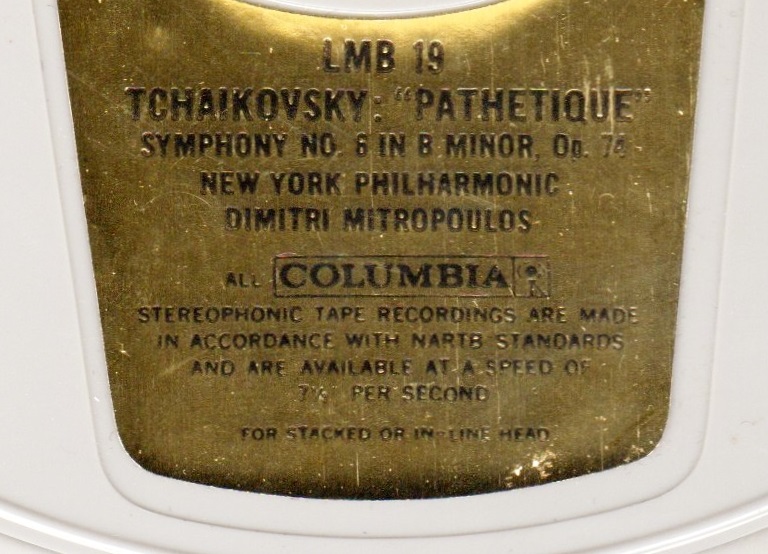
Si les critiques américains n’ont pas manqué de louer la qualité exceptionnelle de la prise de son, en particulier pour la version sur bande (2 pistes 19 cm/s ref LMB 19), ils ont par contre été déroutés par l’interprétation dont l’incroyable tension et les couleurs orchestrales ne correspondait pas à leur conception, probablement influencée par le romantisme allemand, qui réclamait plus de « pathos », à une époque où des interprètes tels que Mravinsky n’étaient pas encore la référence.
Autrement dit, Mitropoulos était en avance sur son temps.
Peut-être aussi cette tension reflétait-elle la période difficile que traversait Mitropoulos, contraint de partager pour la saison 1957-1958 la direction de l’orchestre avec Leonard Bernstein. Il démissionnera juste après, la nouvelle étant annoncée par la presse le 20 novembre.
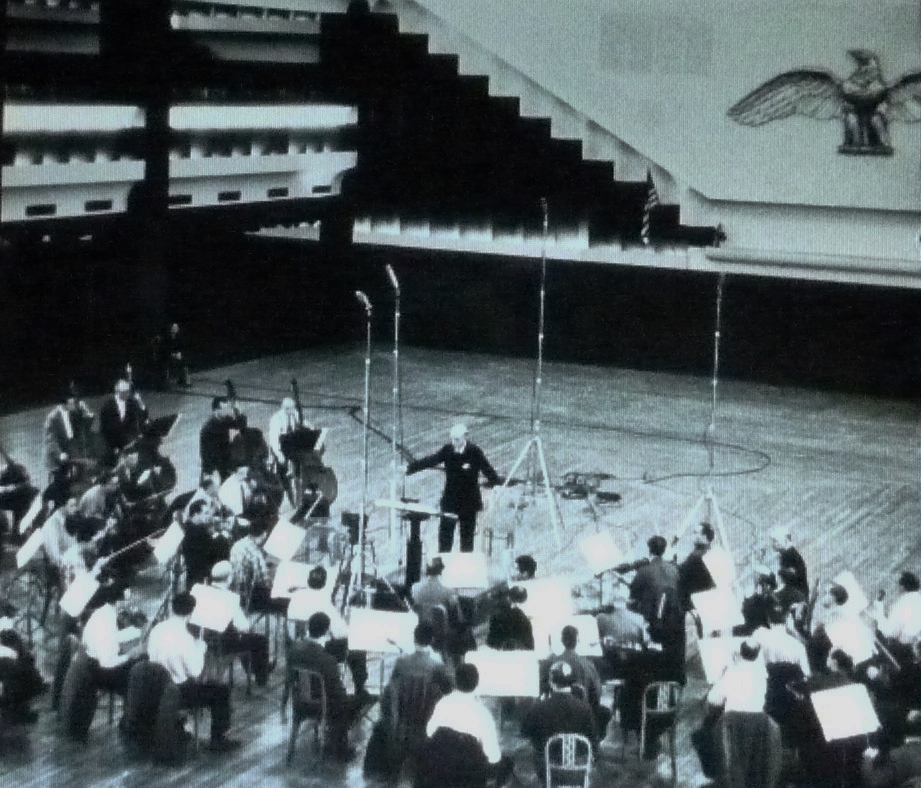
This recording was made during a one-day « marathon » during which, apart from this Symphony, were recorded « The Star Spangled Banner » (still unpublished), a large selection (45′) from Prokofiev’s Ballet Roméo and Juliet, the « Marche Slave » by Tchaïkovsky and « Night on Bald Mountain » by Moussorgsky, all in all about 100 minutes of music.
The Tchaïkovsky Symphony had been performed by Mitropoulos at the October 12 concert (astonishingly his only public performance of this work with the NYPO), and the excerpts from Prokofiev’s Ballet on October 31 and November 1st, only a part thereof being played at the Sunday broadcast of November 3.
But this recording day of Monday November 11 was squeezed between two weeks of November concerts conducted by André Cluytens on Thursday 7, Friday 8, Saturday 9 and Sunday 10 on the one hand, and on Thursday 14, Friday 15, Saturday 16 and Sunday 17 on the other hand with entirely different programs. Since there were each week as « customary » (letter from NYPO to Cluytens, dated December 4, 1956) four or five rehearsals (two on Tuesday, one on Wednesday, one on Thursday, and « whenever necessary » one on Saturday) to prepare the concerts, one can easily imagine the gruelling schedule this meant for the orchestra for which Monday was the only day-off.
The US critics did not fail to recognize the exceptionnal quality of the recording, especially in the reel-to-reel tape version (2 tracks 7.5 ips ref LMB 19). They seemed however to have been puzzled by the performance of which the incredible tension and the orchestral colours did not meet with their idea of the work, maybe out of the influence of German romanticism, that needed more « pathos », at a period when performers like Mravinsky were not yet a reference.
In other words, Mitropoulos was ahead of his time.
Maybe said tension reflected the difficult period Mitropoulos was going through, obliged as he was to share for the 1957-1958 season the leadership of the orchestra with Leonard Bernstein. He resigned shortly afterwards, and the news was announced in the press on November 20.
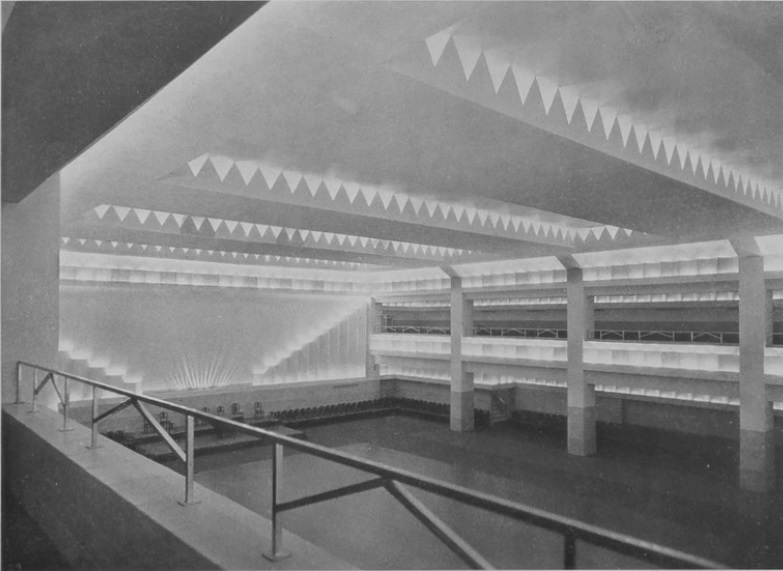
St. George Hotel Ballroom

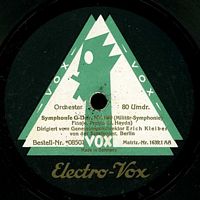
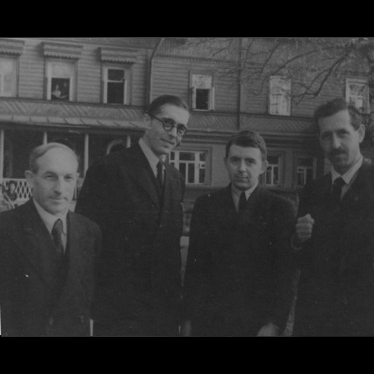
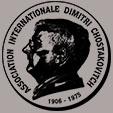
9 réponses sur « Mitropoulos – II – Tchaïkovsky Symphonie n°6 Op.74 – NYPO »
HD/Hi-Res (24 bits/88 KHz):
https://e.pcloud.com/publink/show?code=kZfbMXZnCrDCQkGqgYOKwMHxonGl5qNLGFV
Format CD (16 bits/44 KHz):
https://e.pcloud.com/publink/show?code=kZsSMXZs9vjLs0dutSnrYkokIGlHfzh7Auk
This looks to be another gem. I’m not crazy about the symphony, but I am familiar with the LP and Mitropoulos’ interpretation. I suspect your tape transfer will provide new revelations.
This 1958 tape is still in very good condition. The 24-bit version is markedly better than the 16-bit one. Good listening.
Yes, the tape transfer is superb (as is the performance)! And I was listening to the 16-bit.
Wow, thanks so much!
Ron
The Ballroom of the St. George Hotel sounded like a very good venue for recordings. Just too bad Columbia rather used Manhattan Center after 1959!
I have been collecting many recordings made by the incredible Mitropoulos for years…I thought I had this Tchaikovsky 6th (I have the 5th with NYPO, & the exciting 2nd & 4th from Minneapolis) but I have searched & cannot find this 6th. So thank you so much for sharing it with us. Fabulous performance & great sound you have transferred.
It would be a good idea from Columbia (Sony) and RCA to issue all the Mitropoulos recordings in High-Res from the masters in their possession, like they did for other musicians.
He was born in 1896, 125 years ago! There is still time to commemorate.
For the time being, their last issue is a huge 120 CD Ormandy set.
One of the best interpretations ever.